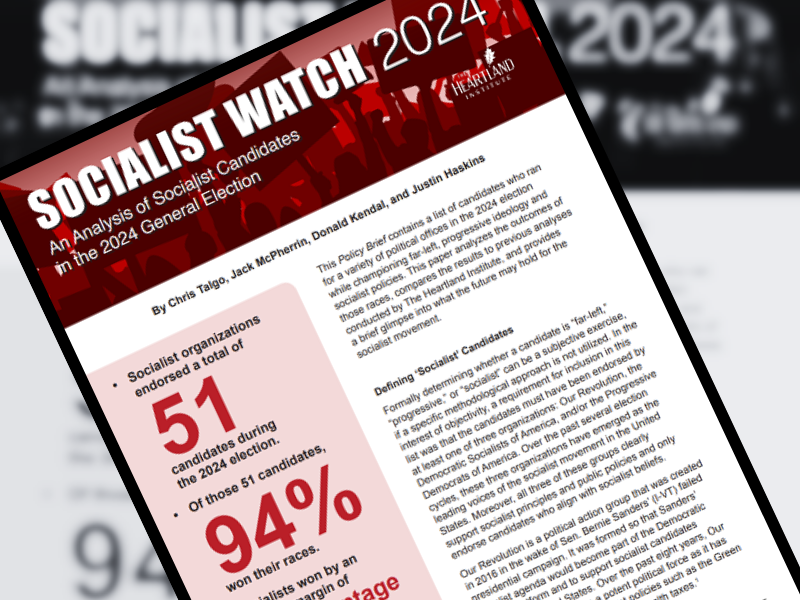Klaus Schwab and a growing list of powerful global economic and political elites, including BlackRock CEO Larry Fink and President Joe Biden, have recently committed to a global “reset” of the prevailing school of economic thought. They seek to supplant the entrenched “shareholder doctrine” of capitalism, which—as Milton Friedman famously espoused over 50 years ago—holds that the only purpose of a corporate executive is to maximize profits on behalf of company shareholders.
To replace shareholder capitalism, Schwab, Fink, Biden, and a legion of their peers have promulgated a nouveau “stakeholder doctrine,” commonly referred to as “stakeholder capitalism.” This approach, which aims to harness the growing clamor for more socially conscious corporate decision-making, authorizes, incentivizes, and even coerces corporate executives and directors to work on behalf of social objectives deemed by elites to be desirable for all corporate stakeholders—including communities, workers, executives, and suppliers.
Environmental, social, and governance (ESG) scores—a social credit framework for sustainability reporting—are being used as the primary mechanism to achieve the shift to a stakeholder model. They measure both financial and non-financial impacts of investments and companies and serve to formally institutionalize corporate social responsibility in global economic infrastructure.
Environment, social, and governance scores are theoretically supposed to incentivize “responsible investing” by “screening out” companies that do not possess high ESG scores while favorably rating those companies and funds that make positive contributions to ESG’s three overarching categories. A company’s ESG score has become a primary component of its risk profile.





